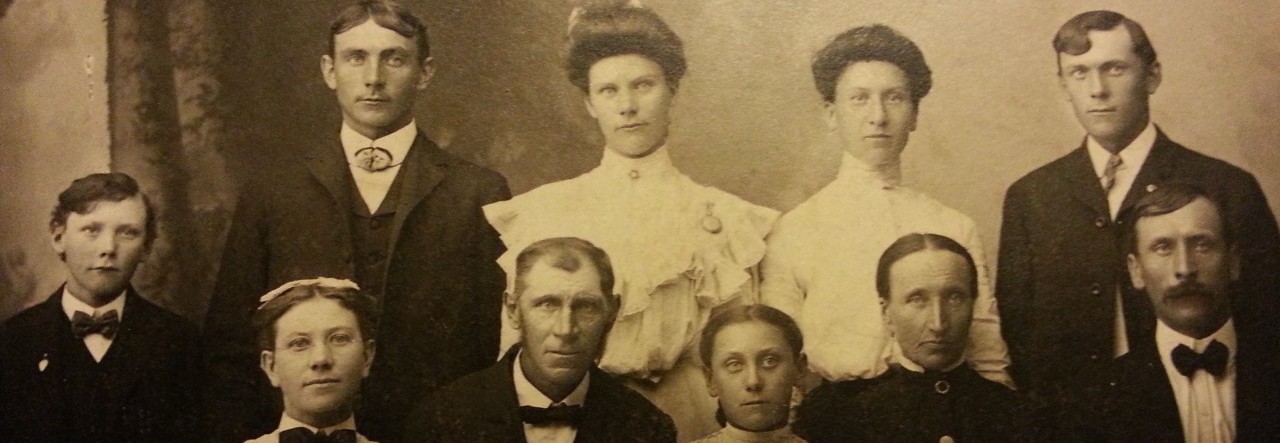![By Jonathunder (Own work) [GFDL (http://www.gnu.org/copyleft/fdl.html) or CC BY-SA 4.0-3.0-2.5-2.0-1.0 (http://creativecommons.org/licenses/by-sa/4.0-3.0-2.5-2.0-1.0)], via Wikimedia Commons](https://i0.wp.com/www.copperleafgenealogy.com/wp-content/uploads/2015/02/CourtGavel.jpg?resize=600%2C600)
By Jonathunder (Own work) [GFDL (http://www.gnu.org/copyleft/fdl.html) or CC BY-SA 4.0-3.0-2.5-2.0-1.0 (http://creativecommons.org/licenses/by-sa/4.0-3.0-2.5-2.0-1.0)], via Wikimedia Commons
There are a number of court records that genealogists can use. However, these aren’t always easy to find or use so they do tend to be avoided. I’m going to go over some of the most common and more useful records for genealogists but know that each county (and city) courts have their own rules. So it’s best to contact the courthouse or county and see if they have the specific records you are looking for. Some of the older records can be kept in city/county/state archives, in state libraries, or even in historical societies as well. It’s also a good idea to be aware of the laws for that area at that time as some items (like naturalization – which I’ll discuss later) weren’t dealt with in the courts all the time.
Adoptions
This will be a tricky issue if you’re looking for adoption records. For one, depending on the time, adoptions weren’t a legal issue. People could have taken in their neighbor’s children, a relative’s children, or even a stranger’s children, without letting any legal entity know about it. It wasn’t until the mid-1800’s that laws were made about adoption. [1]
Generally adoption records are sealed, so the process for getting them varies state by state and normally requires a number of forms and lots of patience! Even if the records do get opened, there is no guarantee you’ll find the birth parents listed on the birth certificate or much of anything. Now this issue has been changing and there are several states that are making the records available to the adoptee. For example, Illinois changed their law in 2010 on these and now anyone who was adopted there before 1946 can get their birth certificate by writing to the Illinois Department of Public Health. (See the Illinois Department of Public Health for more information.)
There is also DNA testing! If you’re curious about using that path, see the website Your Genetic Genealogist written by CeCe Moore. I highly recommend her!
Civil Action Documents
A civil action is when one person goes against someone else (sues them really) for a grievance of some kind. Depending on the area, this could be handled by an equity (also called chancery) court or a court of law (usually this was when money was wanted for damages).[2]
To find a case file, you also need something called a docket (or journal) where the court cases are normally listed chronologically. Sometimes an abstract is also included in the docket. There can be many documents in these files! However, not everything has survived and if they have, they are sometimes not accessible for researchers. These records can sometimes be the hardest to find!
Court Minute and Order Books
There are many of these books microfilmed at the Family History Library in Salt Lake City. You can order the microfilm or see if it’s been put online. Most of the time, these books are indexed by the names of plaintiffs and defendants, however you can sometimes get lucky and find an every name index too. If these books aren’t at the Family History Library, check your county for more information on where to find these. In my county, many of these older court indexes are held in the county archives.
These books are pretty much what happened in court on that day. That means that they will not only have the names of the plaintiffs and defendants, as already mentioned, but they could also name the judge, legal representatives, the jurors, and witnesses, not to mention the case information. It could also include information on licenses given out that day, appointments for city projects, and more.
Divorces
These are normally found in the court where the divorce was granted. If you know the county and city of where the couple lived, narrowing it down to the court it was granted in shouldn’t be too difficult (of course, this isn’t always the case). Depending on the court, these records are kept separate or with other civil actions. The information they can contain are wonderful for genealogists: the names of the couple, when they were married and where, where they currently live, children involved, etc.
More Information
For more reading, check out these two websites, which discuss some of the background and other information on the United States court system:
- United States Court Records on FamilySearch’s wiki
Anyone want to chime in on court records they’ve found? Did I leave something out you feel is important? Let me know in the comment section!
Happy hunting!
[1] University of Oregon, Department of History, The Adoption History Project, timeline (http://pages.uoregon.edu/adoption/timeline.html : accessed 2 Feb 2015).
[2] Professor Vernellia R. Randall, University of Dayton School of Law, Distinction Between Law and Equity, 2008 (http://academic.udayton.edu/legaled/remedies/Unit03b.htm : accessed 2 Feb 2015).


Linda Stufflebean
Loose Records – They are often not microfilmed. Be sure to ask if that particular courthouse has any. I obtained an 1825 will for a man who died in the neighboring burned county, which named all his heirs. He owned land in the second county so I guess the executor delivered a copy of the will to that courthouse, but maybe didn’t pay the fee so the clerk took it, but didn’t record it. There it was sitting in the Loose Records, waiting to be found.
NikiMarie
Excellent point! Thank you for this!